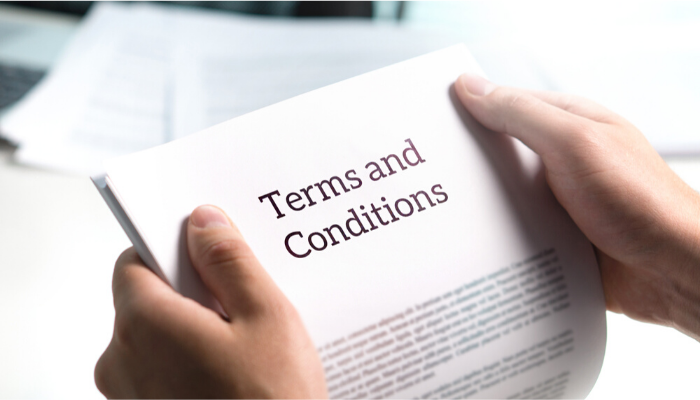
As we come close to the end of the month and Data Privacy Day approaches (celebrated January 28), there is one topic related to privacy that may have some users wondering what their actual purpose is: cookies. Many users have at least heard of Internet cookies due to pop-up alerts asking for permission to use cookies when visiting a website.
In fact, a survey conducted by Econsultancy revealed that 69% of the respondents were “aware of what cookies are and why websites use them.” Some go as far as to express privacy concerns when it comes to cookies and has the misconception of cookies being a spying tool that can track your every move online.
Online Privacy & Cookies
However, the reality is that cookies are simply text strings stored in your computer that help a website recognize your computer the next time you visit the site. Cookies are a fundamental part of how the web works, but many still harbor uneasiness when it comes to their online privacy. But while a user’s privacy is a legitimate concern, only a handful of companies like Google or Facebook can use cookies to link your real name to your web activity and track what you search, or what pages you have visited. These companies are then able to create user profiles that can identify the information you may have preferred to keep private like which political party you associate with, your sexual orientation, and so on. The majority of websites, however, use cookies for other mundane reasons like counting the number of visits the site has and ensuring that the website responds properly.
Cookie Collection for Marketing
Other third parties may use cookies for marketing purposes, using cookies to collect data about a user’s preferences, such as their interests and personal tastes. Thereafter, they are able to target ads to users with content that may have higher relevance to those users’ needs.Many may see the benefit of this streamlined process, as cookies allow users to see ads that they might actually be interested in. However, this level of content customization could be alarming for some who view it as an invasion of privacy. Because users have no control over how cookies are used, many websites now have privacy policies that describe what personal information they collect and how they use it. With better transparency of data usage, users can make a more informed choice between agreeing with the use of cookies or choosing to opt-out.
Private Policy
 So, while cookies can be a legitimate privacy concern, privacy policies can ease the worries that users may have when it comes to how their personal information is being used.Whether you should enable or disable cookies depends on your level of comfort and whether or not you are okay with websites keeping track of your visits. Because cookies cannot be used on their own to trace or identify a person, they do not fall under Personally Identifiable Information (PII) and pose less of a threat than other online dangers and security threats on the web. For tips on protecting yourself online, make sure to check out our previous posts related to Data Privacy Day, and like us on Facebook for updates!
So, while cookies can be a legitimate privacy concern, privacy policies can ease the worries that users may have when it comes to how their personal information is being used.Whether you should enable or disable cookies depends on your level of comfort and whether or not you are okay with websites keeping track of your visits. Because cookies cannot be used on their own to trace or identify a person, they do not fall under Personally Identifiable Information (PII) and pose less of a threat than other online dangers and security threats on the web. For tips on protecting yourself online, make sure to check out our previous posts related to Data Privacy Day, and like us on Facebook for updates!





